How Wide Bay’s most influential will vote on Voice
The Wide Bay and Burnett’s most influential people of 2023 were canvassed for their take on the Voice, how they plan to vote and why. Some were happy to share:
Bundaberg
Don't miss out on the headlines from Bundaberg. Followed categories will be added to My News.
The Voice referendum will take place on October 14, 2023, on the constitutional recognition of Australia’s Indigenous people.
Voters will be asked a single question: A Proposed Law: to alter the Constitution to recognise the First Peoples of Australia by establishing an Aboriginal and Torres Strait Islander Voice. Do you approve this proposed alteration?”
Voice to Parliament explained: How does a referendum work?
The majority vote will decide whether the Australian Constitution will be changed to recognise the First Peoples of Australia by establishing a body called the Aboriginal and Torres Strait Islander Voice.
The referendum has led to significant and at times divisive debate across Australia.
The Wide Bay and Burnett’s most influential people of 2023 were canvassed for their take on the Voice, how they plan to vote and why. Some were happy to share:
Voice to Parliament: Experts reveal what impact Voice could really have
YES
Petra Van Beek
Gympie Chamber of Commerce president Petra Van Beek kept her answer short and sweet.
“My reasoning is pretty simple: If the shoe were on the other foot it’s what I would want – input into matters that affect me,” she said.
Mrs Van Beek will be voting yes in support of the Voice.
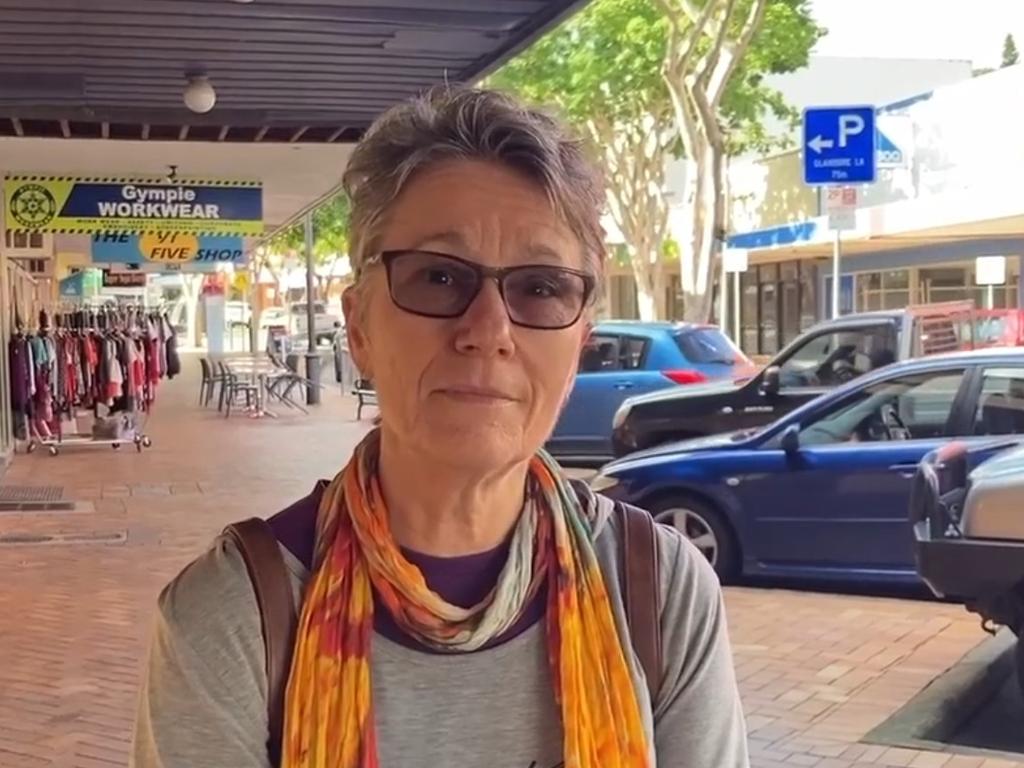
Bruce Devereaux
Gympie councillor and blogger Bruce Devereaux said while he was still working out the “implications of a yes-or-no vote” he was leaning towards voting yes.
“I have been listening and reading the opinions of others, and asking First Nations associates for their take on the matter,” he said.
“Many of them seem as unsure about the Voice as I do.”
Mr Devereaux expressed some frustration with the way the “no” campaign had been advocating Indigenous voices.
“One thing I have noted is those Indigenous representatives whose opinions I’ve heard on the radio leaning towards a no vote, and who are held up as examples of ‘even First Nations people don’t want it’, are actually more often than not saying this doesn’t go far enough, not that the whole concept of Indigenous representation at the highest levels of government should be dropped entirely,” he said.
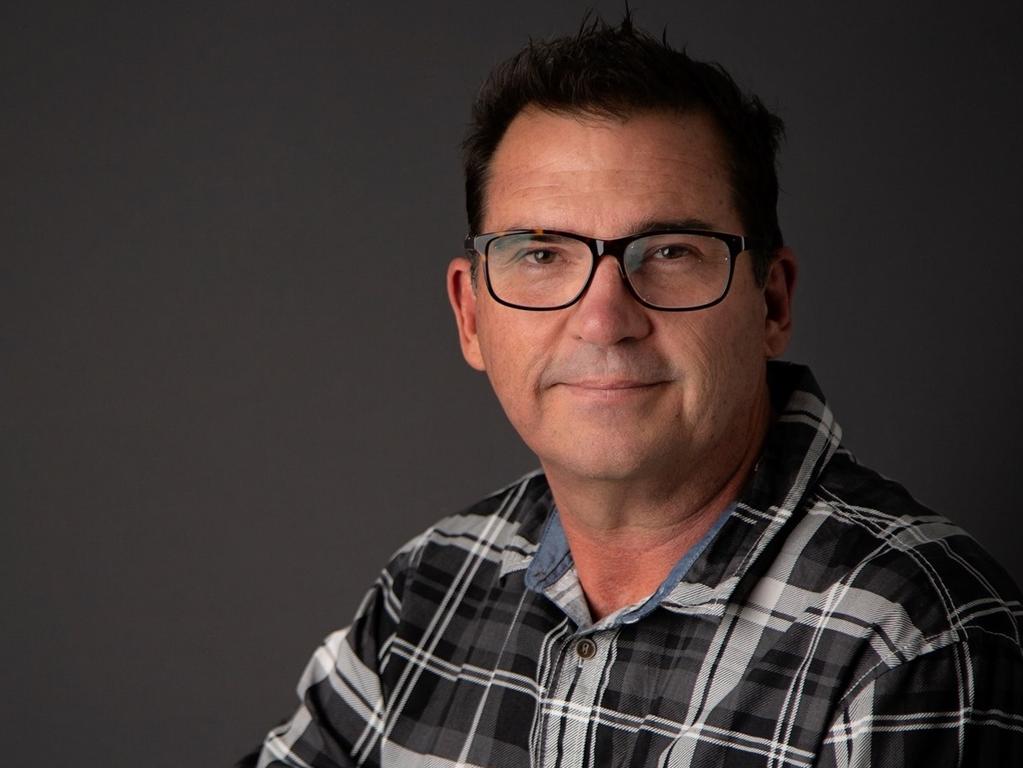
Dr Joanne Dargusch
Associate Professor and Director for Centre for Research in Equity and Advancement of Teaching and Education at Central Queensland University, Dr Jo Dargusch said she would be voting yes because it was the “fair thing to do”.
“Constitutional recognition for Aboriginal and Torres Strait Islander peoples does not compromise Australian society,” she said.
Dr Dargusch believed the Voice was simply the next step born from the 1967 referendum which voted in support of Aboriginal and Torres Strait Islander peoples’ recognition.
“I strongly believe we should welcome this opportunity to provide our First Nations people with a say on the issues that affect their lives,” she said.
“This can only be a positive move and will help to address the challenges that persist for many Aboriginal and Torres Strait Islander peoples.
“I don’t believe there’s anything to fear from these changes – they do not take away from or compromise non-First Nations peoples’ rights.”
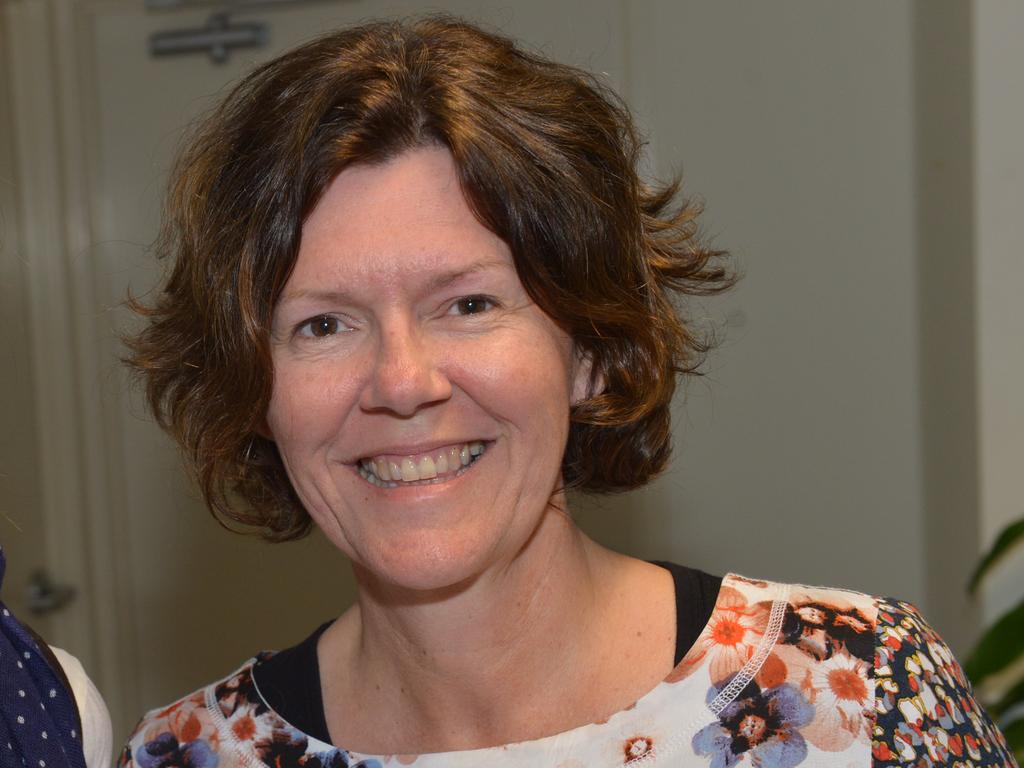
Shelley Strachan
News Corp’s Wide Bay Burnett editor Shelley Strachan said she would be voting yes because she felt the Voice could do no harm, only good – for Aboriginal and Torres Strait Islander people, and for Australia as a whole.
“We live in the greatest country on earth, but it’s not so great for many of our First Nations people,” she said.
“They die, on average, eight years earlier that non-Indigenous people, the suicide rate is twice as high, the disease and infant mortality rate is higher, they are grossly over-represented in jail. The list goes on.”
She believes something within the government and beyond needs to change as previous policies have not worked.
“There is nothing to fear from voting yes. It’s an advisory committee. That is all. This is about listening to Aboriginal and Torres Strait Island people so we get better outcomes, and we can all live in a better Australia.”
“As Attorney-General Mark Dreyfus wrote in the Financial Review: The Coalition recognises a Voice would work – they say they want to legislate one. By putting it in the Constitution, we’re not only recognising Aboriginal and Torres Strait Islander people in the way they’ve asked to be recognised – we are ensuring the Voice has stability and can withstand the whims of political cycles to give meaningful, long-lasting advice.”
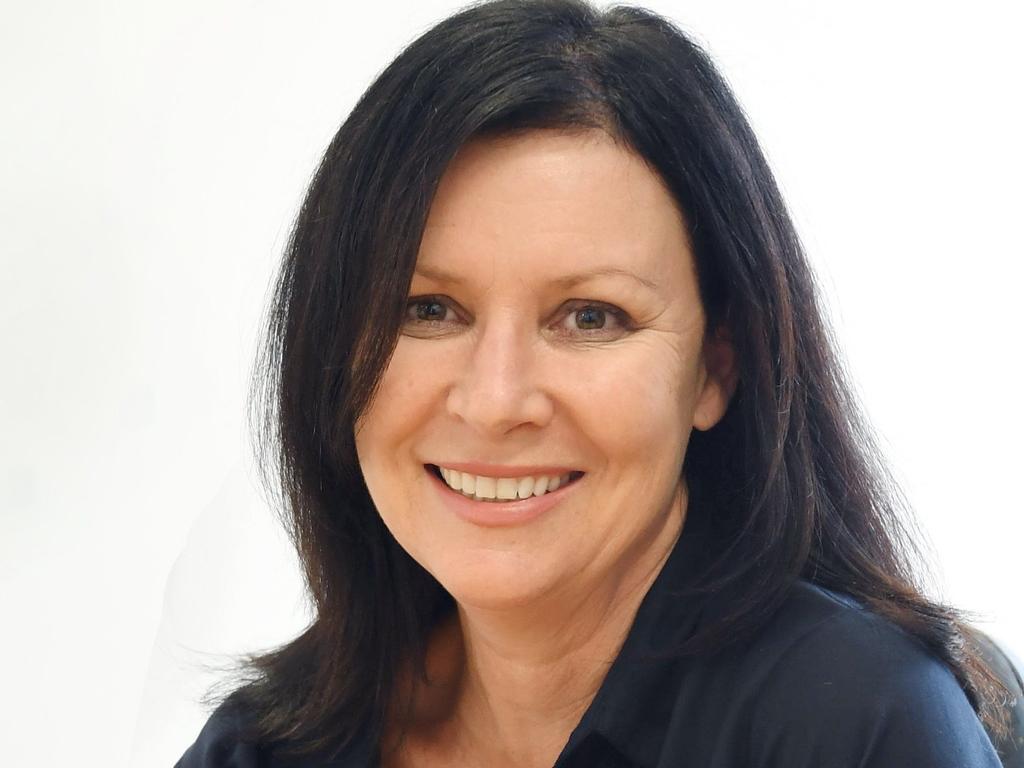
EJ Garrett
Burnett director and video journalist EJ Garrett said he would be voting yes in the upcoming referendum, but said it was a polarising topic which had led to numerous concerns from both parties.
“From concerns about Treaty, to the Voice being biased towards First Nations people, there’s ample reasons why people would decide to vote yes or no,” he said.
“Over the next few weeks we’re going to be bombarded with reasons why we should say ‘Yes’ or ‘No’.
“My position is this referendum comes down to whether you believe that First Nations people being recognised as the original custodians of this country should have a right to be heard in this country’s constitution or we don’t.”
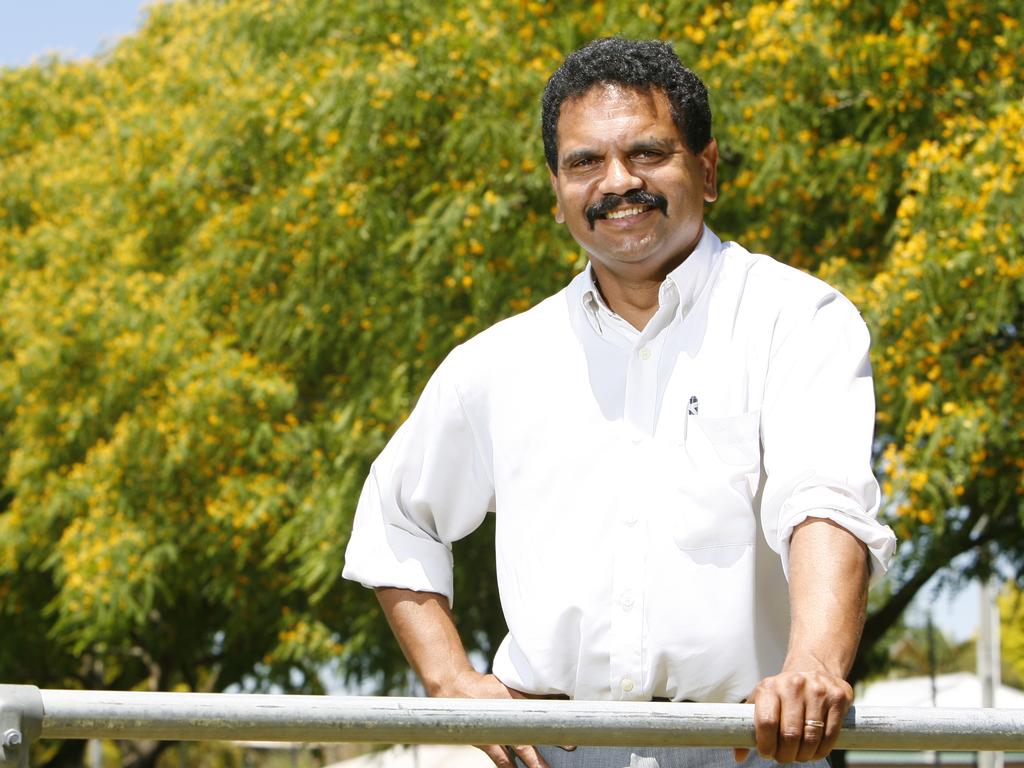
Scott Kovacevic
Despite the fact that senior Gympie journalist Scott Kovacevic will be voting yes in the upcoming referendum he has shared disappointment in how the Yes side has organised its campaign.
“There is validity to some of the criticism directed at the No campaign, but laying any rejection for the idea on October 14 (an entirely possible outcome) solely at the feet of ‘fear, hatred and racism’ would be a poor and convenient excuse used to shield any actual soul searching from the Yes supporters on how they tripped over their own feet while crossing the finish line,” he said.
He said something needed to change to improve the lives and outcomes of Indigenous communities and the lack of alternatives offered by the No side had contributed to his decision.
“It’s clear there’s still a way to go in terms of improving outcomes in Indigenous communities, and we need to try something new. Doing nothing is a sure fire way of ensuring nothing happens.
“While I respect people's rights to disagree, I have not heard a viable alternative solution to achieve these goals put forward by those advocating for a vote of No.
“Initial polls showed the will for a constitutionally enshrined Voice to Parliament was there from the outset, but it seems its proponents are now on the cusp of snatching defeat from the jaws of victory.”
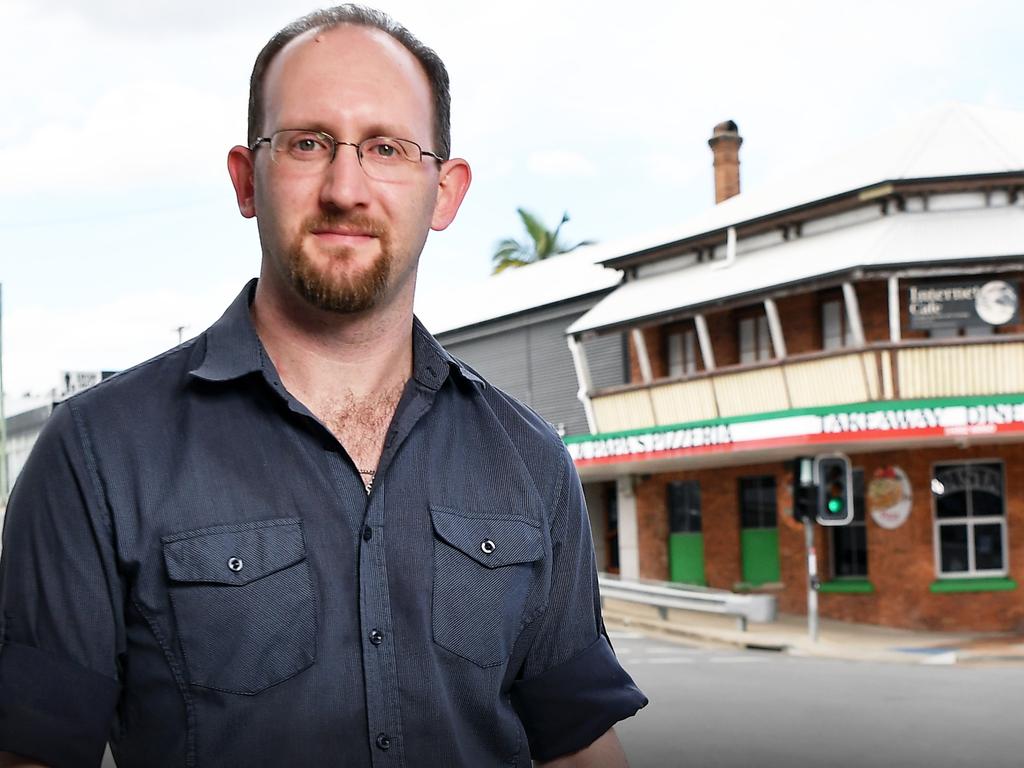
NO
Colin Boyce
The Federal Flynn LNP MP Colin Boyce was one of the first political leaders to share his opposition to the Voice, sharing a statement the same day the Prime Minister announced the official referendum date.
The MP has been against the referendum from the beginning, and shared concerns at the lack of “substantial or detailed explanation of the workings, scope and limits of the Voice”.
“My view remains the same: we are one people, we are one country, we are all equal,” he said.
“Many Australians would be prepared to recognise Aboriginal and Torres Strait Island people as the First Australians in our constitution.”
Mr Boyce said he believed the referendum proposal suggested a divided Australia which would “give those people power to coerce any government to their will, over and above all other Australians”.
“I have consulted widely with both the ‘yes’ and ‘no’ campaigns in a respectful way and have made the decision to vote ‘no’.”
“I will be voting No at the referendum and encourage you to have your say.”
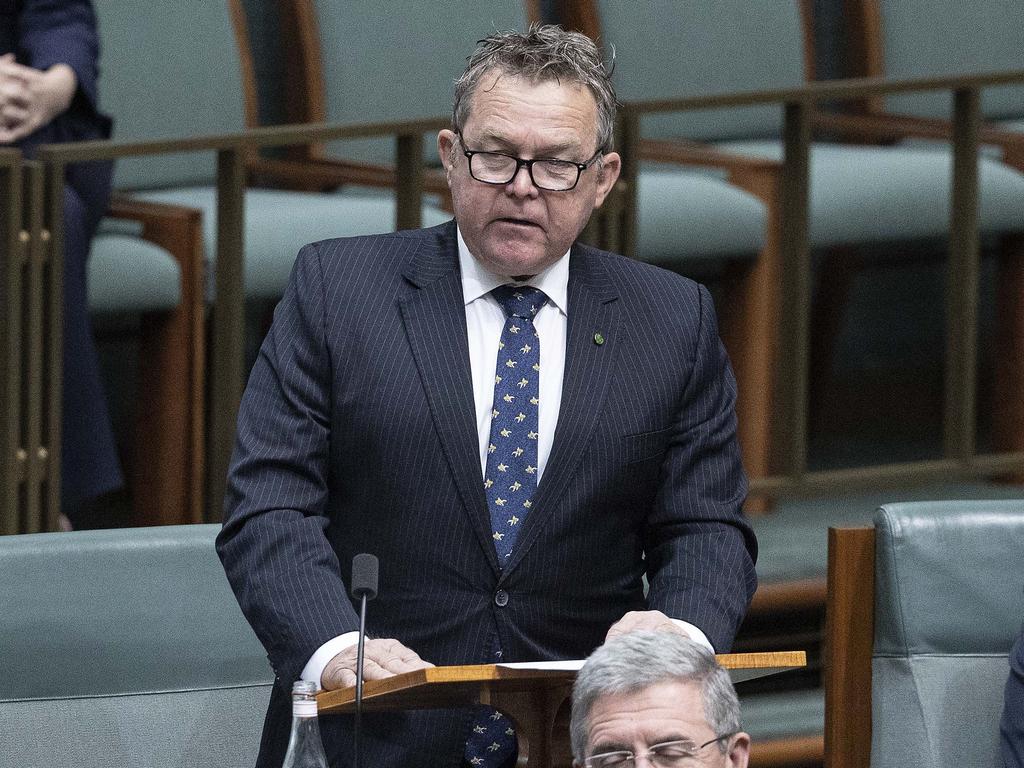
Tony Perrett
Gympie state LNP MP Tony Perrett said he would be voting No.
“I’ve publicly said I’ll be voting no,” he said.
“I have told people when asked, at public events, and in any correspondence regarding this issue.”
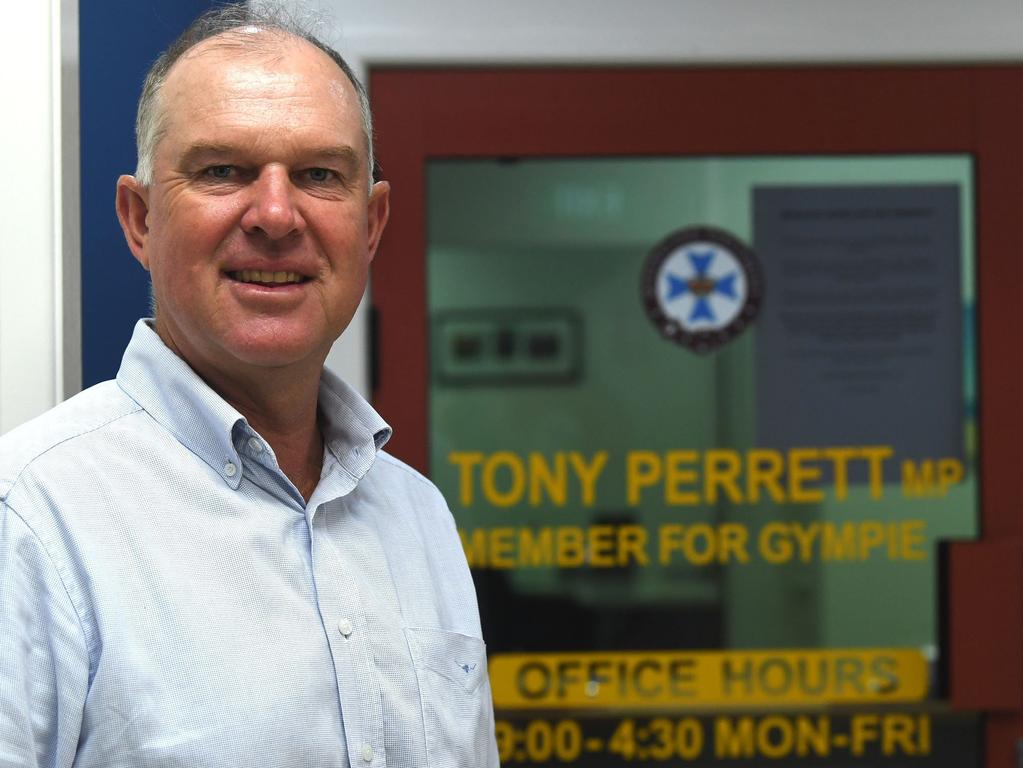
Keith Pitt
Federal Hinkler LNP MP Keith Pitt has remained on the No side for more than a year, first sharing his stance in parliament in July 2022.
“For me, this is a values-based decision: we are one people, we are one country and we are all equal,” he said.
He expressed concerns over the final outcome of the Voice and what it would mean for the country.
“The Albanese government can’t explain what the proposed change to the Constitution will mean, how much the proposed Voice will cost, how it will be implemented and how it will make a difference to our nation,” he said.
“To make your vote count you need to write Yes or No on the ballot paper.”
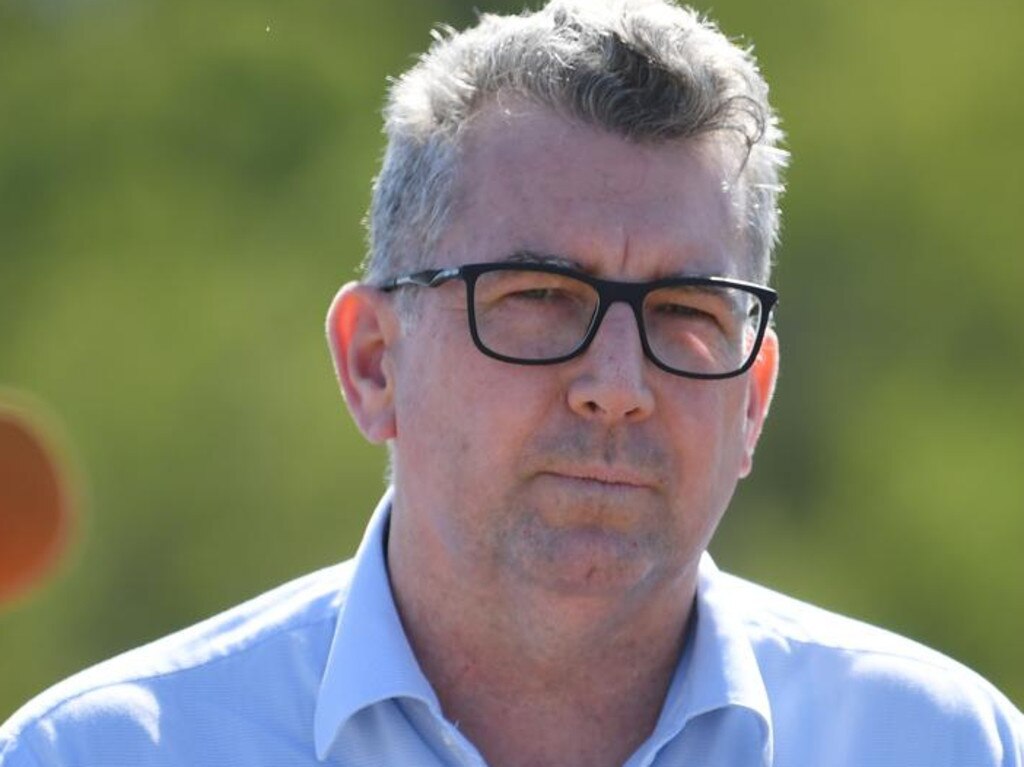
Tom Marland
Bundaberg lawyer and agriculture advocate Tom Marland said while he supportedIndigenous recognition under the Constitution, he would be voting no to the Voice.
“Sadly, the two issues have been meshed together and our most at risk Indigenous communities have been made into a political football by the Albanese Government,” he said.
He said while he supported a mechanism which would address and solve the many issues Indigenous communities faced, he believed “fundamental amendments to our Constitution” should not be undertaken lightly.
Mr Marland criticised Mr Albanese’s approach to the Voice and said he had “created a vacuum of information about the Voice” which would only lead to irreparable damage regardless of the final outcome.
“The Voice is being marketed as the only way we can bridge the gap for disadvantaged Indigenous communities,” he said.
“Australia is the most multicultural country on the planet with a constitution which treats everyone the same – no matter where you were born.
“I will support any initiative that directly works to assist at risk Indigenous communities, but that vehicle is through our current elected parliamentary system.”
“It's not the system that is broken – it’s the policies and priorities.”
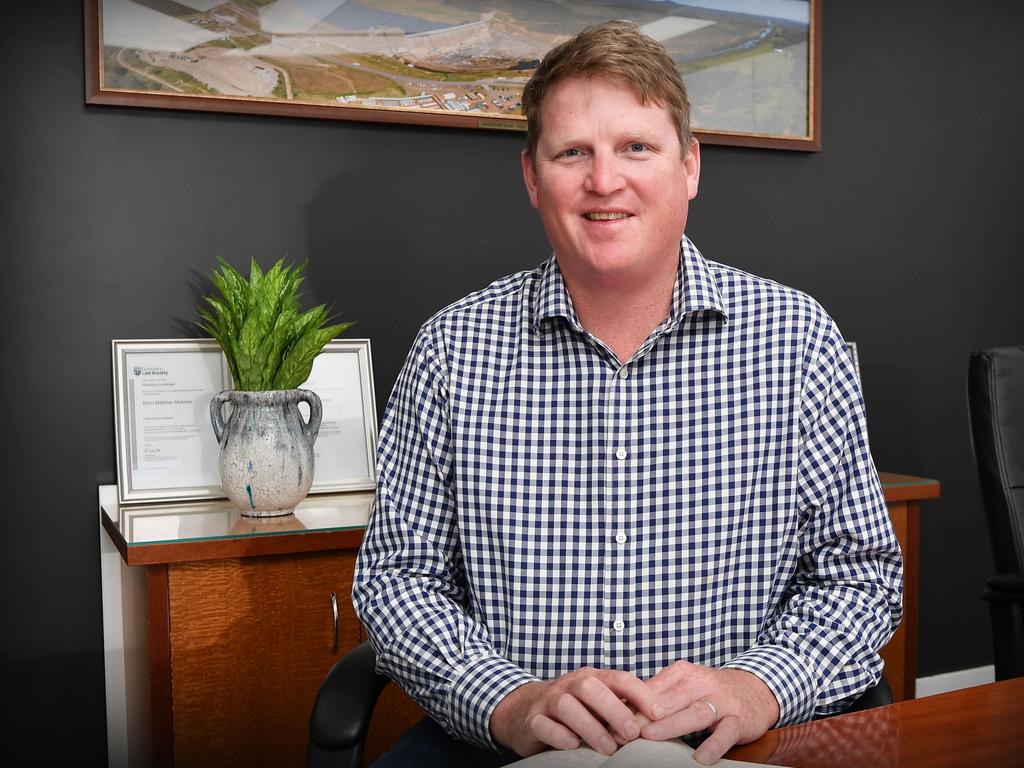
Llew O’Brien
Federal Wide Bay LNP MP Llew O’Brien has also been a vocal advocate against the Voice referendum, and in May 2023 spoke to parliament about his reasonings.
He said he believed an overseeing body commenting on the nation’s most disadvantaged should be instituted, but not made permanent via constitutional change.
“Voting ‘no’ at this referendum doesn’t mean you are a racist or dispassionate about closing the gaps between disadvantaged Aboriginal Australians in mainstream Australia,” he said,
He shared concerns that the Voice regardless of the outcome would impact the country and claimed a successful yes vote fuelled by non-Indigenous voices would be a repetition of previous “national shame”.
“Forcing a large number of Aboriginal Australians into this new system against their will would resemble historic, paternalistic policies from the past that everyone agrees should never have happened,” he said.
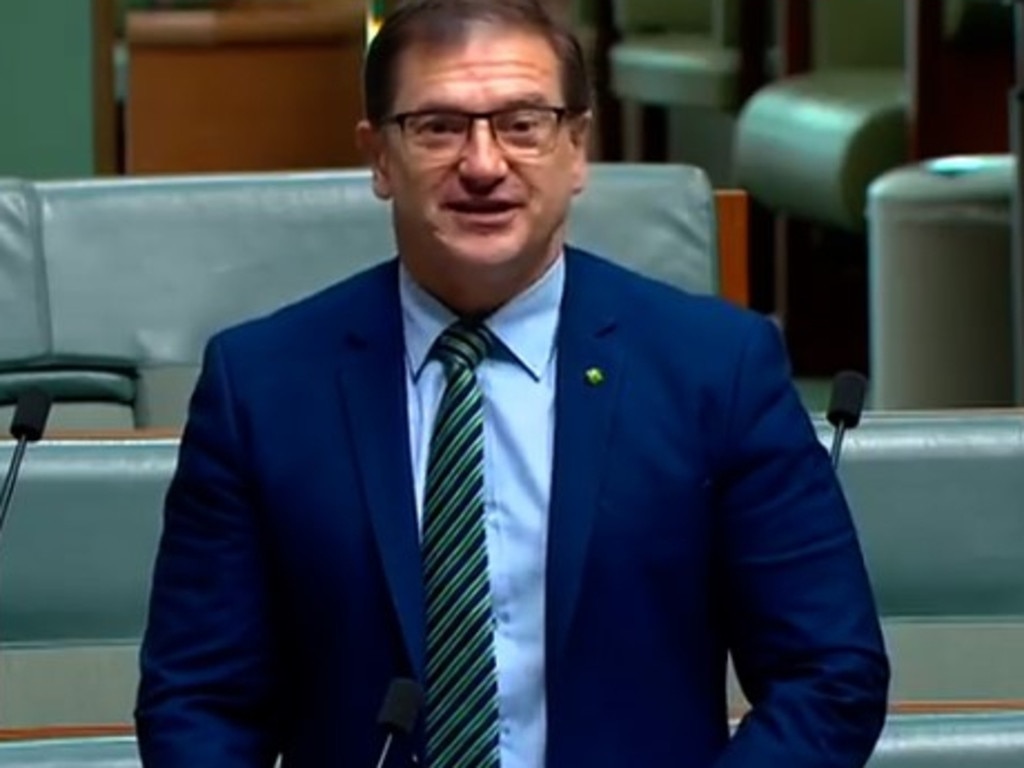
Paul Francis
The grazier turned councillor who served for decades in the North Burnett gave several reasons why he would be voting No.
Paul Francis said he believed there was a lack of clarity in the scope of the issues the Voice would be involved in, and just who would be deciding that scope.
“It is not absolutely clear if the Voice will be able to challenge the validity of legislation if it feels it should have been consulted on an issue or if the government does not act on the advice it receives,” he said.
“I am concerned that this may lead to obstruction of the smooth running of government.”
He said he wasn’t convinced the Voice to parliament would be able to “close the gap” but said he did not wish to deny any Aboriginal Australians an opportunity for advancement.
“I feel that it is likely that the Voice will become politicised and could be manipulated to negatively influence the operation of a government of an alternative political persuasion,” he said.
“If the body were to become dysfunctional in any way, government will not be able to remove it while it is ensconced in the constitution.
“Hence, I feel that if the government is convinced that the creation of this body will be beneficial to Indigenous people, then it can create the Voice through legislation rather than insert it into the constitution.”
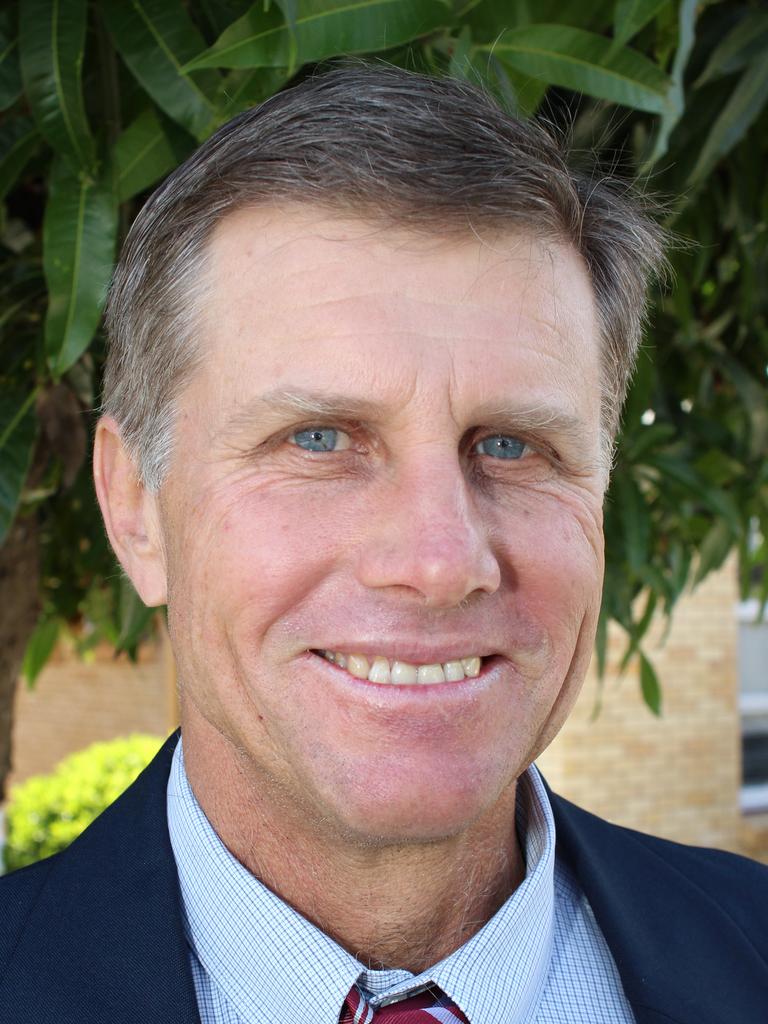
Deb Frecklington
Nanango State LNP MP Deb Frecklington followed party lines when she said she would be voting No in the referendum.
She shared her concerns over what she felt was the lack of information being shared over the final outcome of the Voice.
“I support Constitutional recognition, however I am concerned there is not enough information on what is being proposed,” she said.
She said she felt the referendum and the debates which had arisen were dividing the country.
“There are better ways forward that do not divide us as a nation,” she said.
“I wholeheartedly represent my constituents and I am concerned that a federal body such as this won’t help the real issues impacting Indigenous communities.”
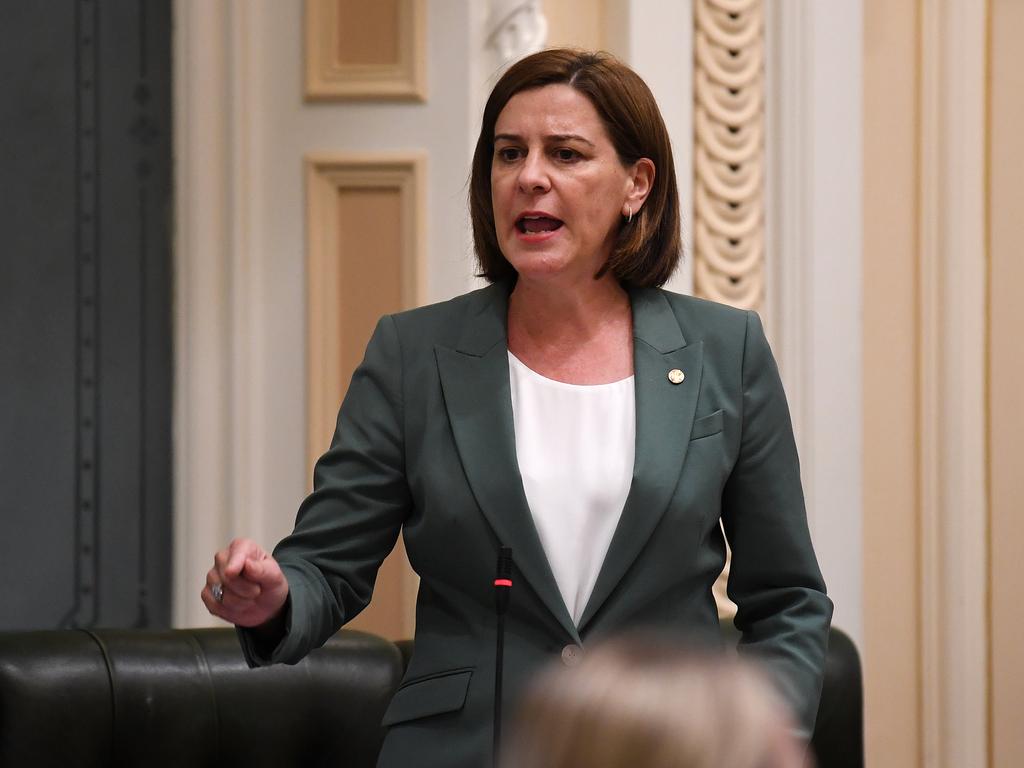
UNSURE
Glen Hartwig
Like many, Gympie Mayor Glen Hartwig felt the decision and final voting choice was ultimately a personal matter, and when questioned did not confirm which side he was leaning towards.
“I feel our society is over marketed and ‘influenced’ and that rather than trying to influence we should educate, inform and have respectful discussions and conversations,” he said.
He expressed his distaste for the current debates which he claimed belittled the democracy of the vote.
“One purpose of a democracy is to respectfully listen to others with differing views with the intent to inform and win them to your way of thinking, not bullying and belittle those that have a different opinion,” he said.
“People’s tolerance for those that have a different opinion seems to have waned over the last years.
“It’s sad to see this debate fall into that category.”
He encouraged all to do their own research into the referendum to make an informed decision at voting.
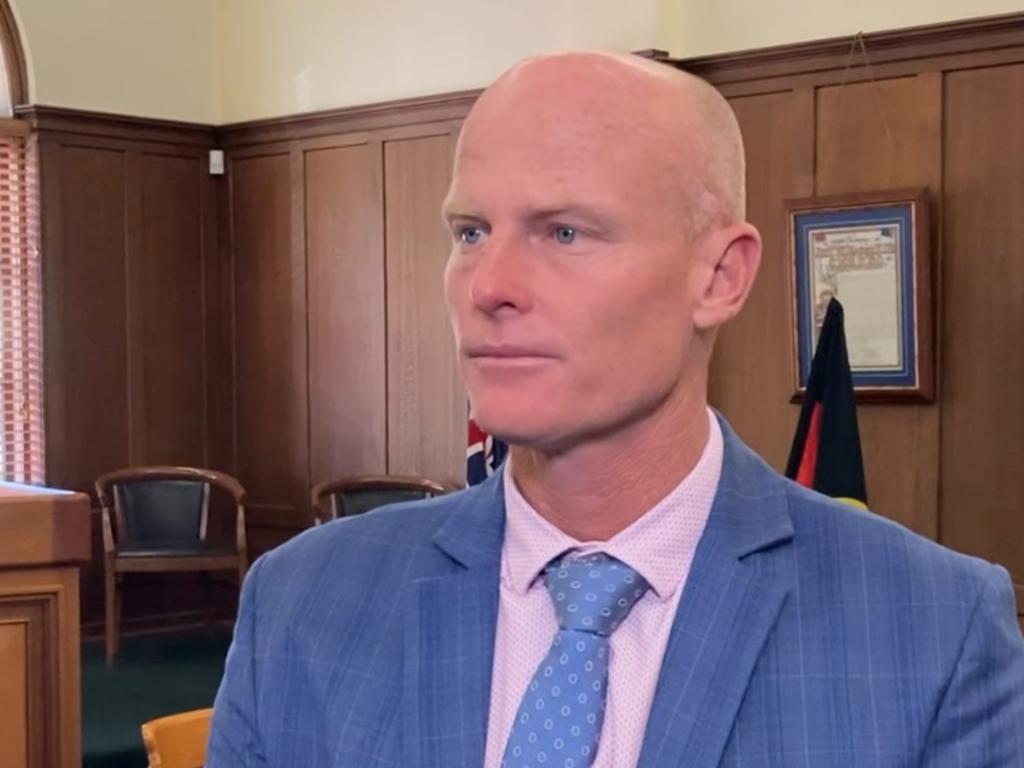
Sue Tasker
Angels Community Group CEO Sue Tasker is yet to make her final decision, and is working to take on as many voices as possible prior to the vote.
“At this stage I’m still listening to a lot of people’s opinions and am still undecided to how I will vote,” she said.
She said while she was supportive of First Nation Australians receiving more constitutional recognition, she believed the two issues were separate.
“I am in favour of our First Nations people being recognised in the Australian Constitution,” she said.
“I am eager to continue hearing what Indigenous people want in relation to the Voice to parliament, before making my decision.”
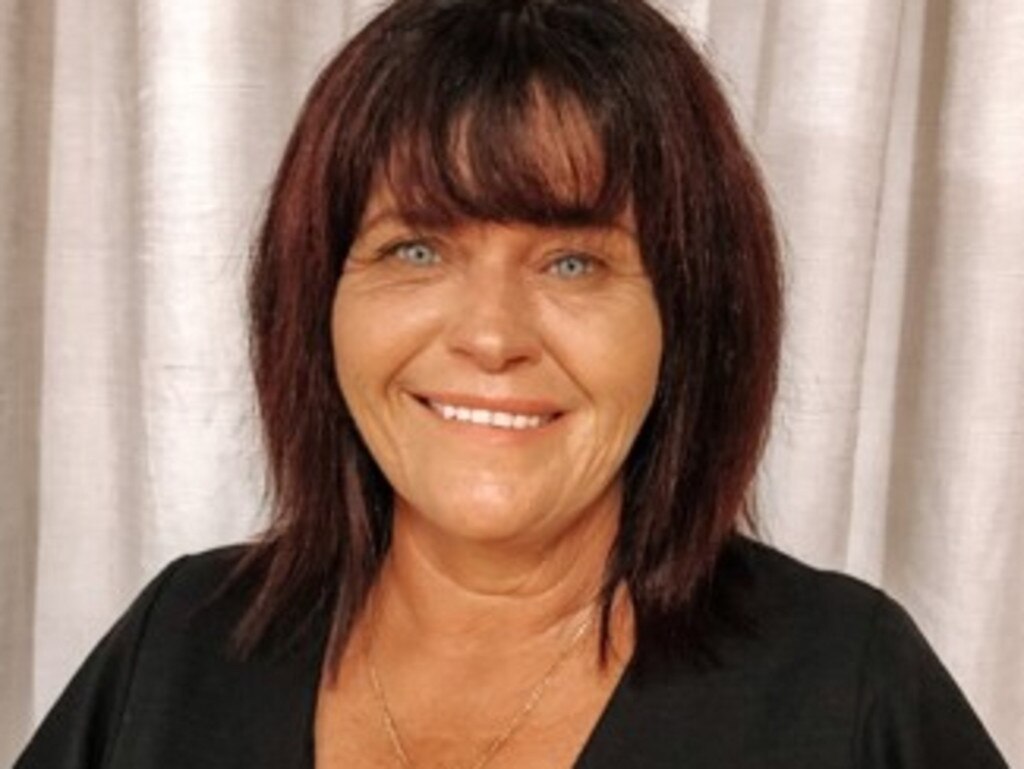
The following were also contacted for their vote decision but declined to share a response: Simon Graham, Joe Prendergast, Miranda Prendergast, Adrian Burns, Deb Brown, Corrie McColl, Phil Oakley and Marlies Oakley.
More Coverage
Originally published as How Wide Bay’s most influential will vote on Voice








